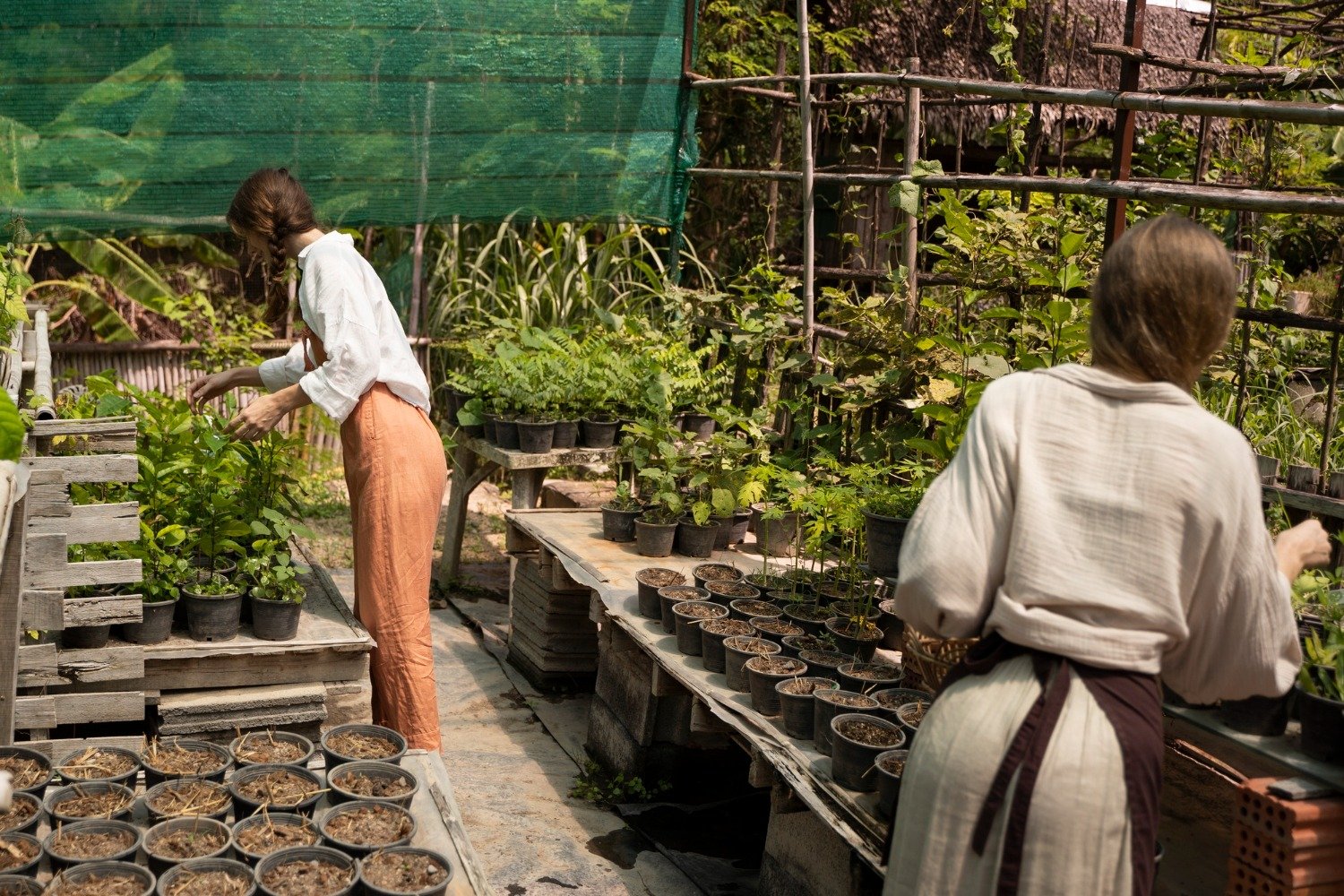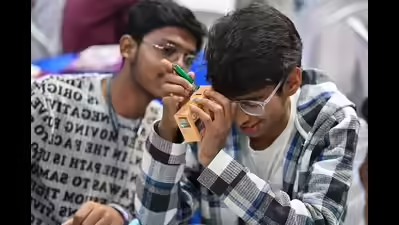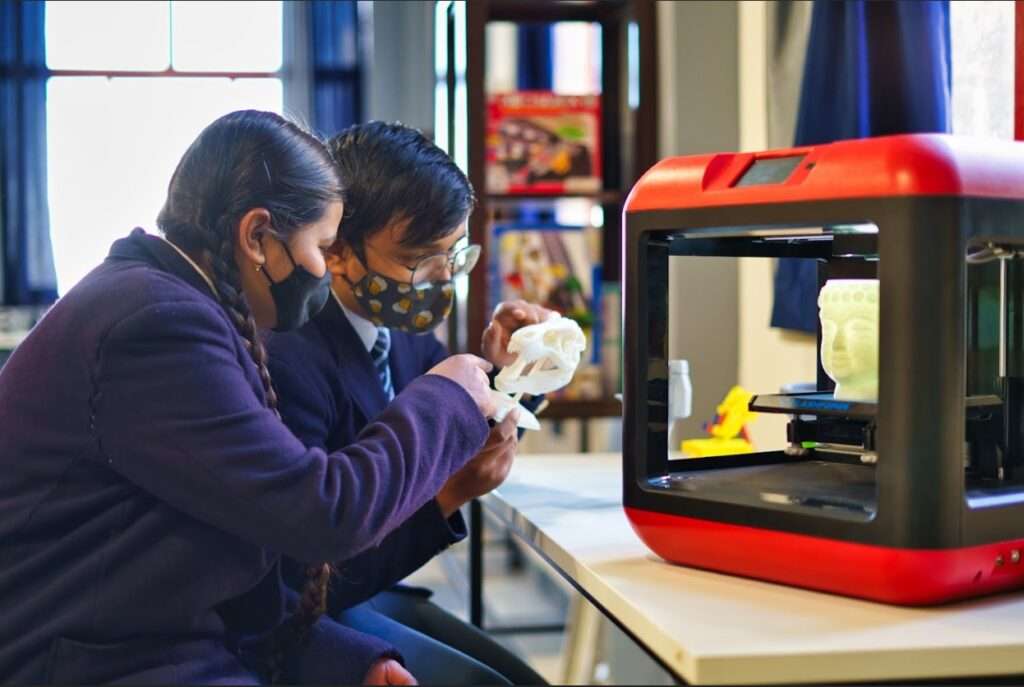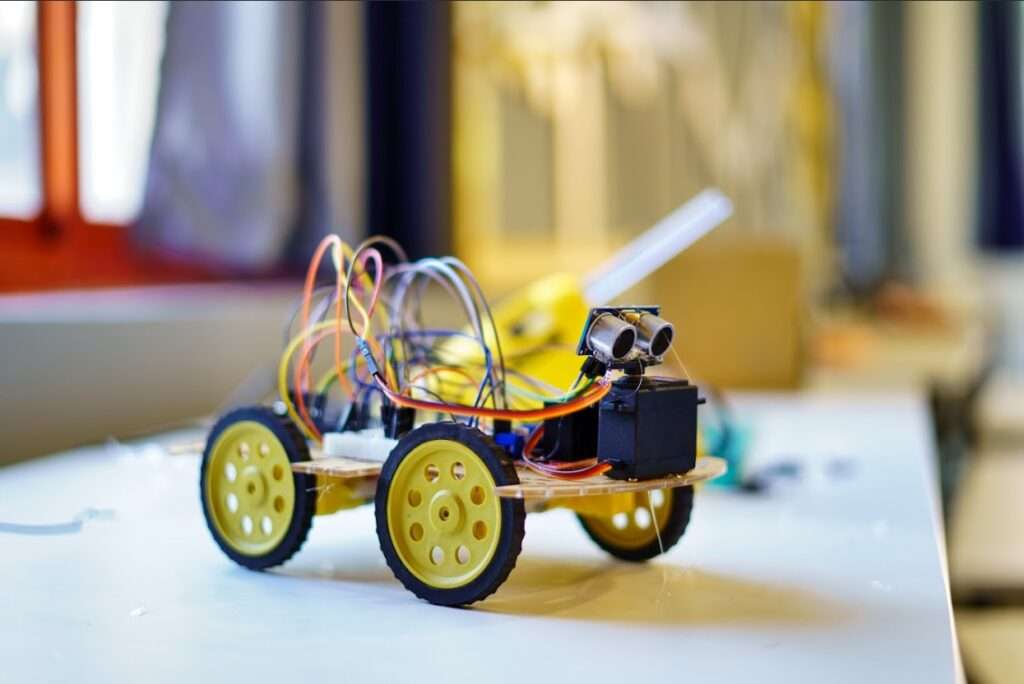Reframing Rural STEM: Beyond Deficit Thinking
At the 2025 Australian Science Education Research Association (ASERA) conference, La Trobe University researchers Steve Murphy and Tim Johns challenged the dominant narrative that rural schools are inherently disadvantaged in STEM. Their scoping review of nearly 1,000 international studies revealed 40 that showcased how rural geography, demography, and industry can uniquely enrich STEM teaching and learning.
Hidden Strengths, Real Innovation
Contrary to common perceptions, rural classrooms are hubs of STEM innovation driven by teacher ingenuity. But this creativity often carries a heavy burden. Rural educators frequently manage everything—from grant writing and bus logistics to securing industry partnerships—without the support systems available in metropolitan areas.
Listening, Supporting, Scaling
Murphy and Johns argue that rural STEM education isn’t a problem to fix—it’s an opportunity to learn from. They advocate for recognising and supporting existing rural initiatives, providing dedicated resources, and amplifying teachers’ voices. Their call to “listen better” aims to transform how the entire education system values and leverages rural strengths.















